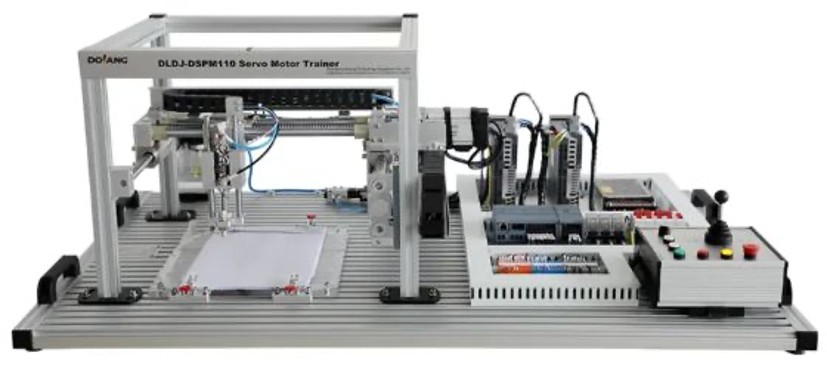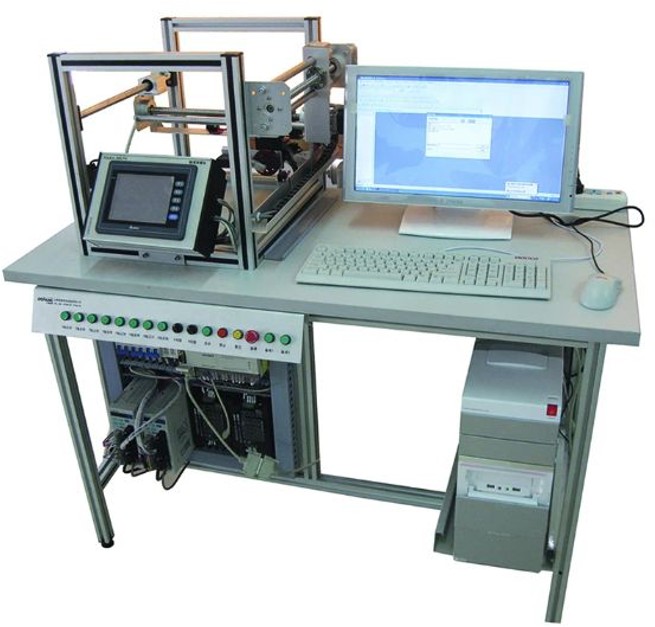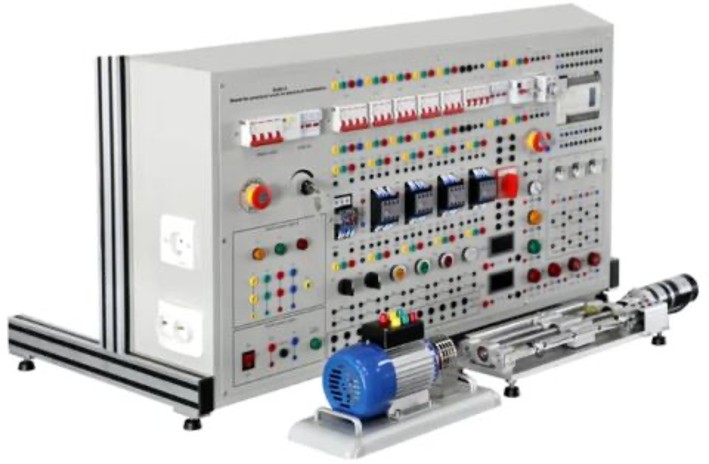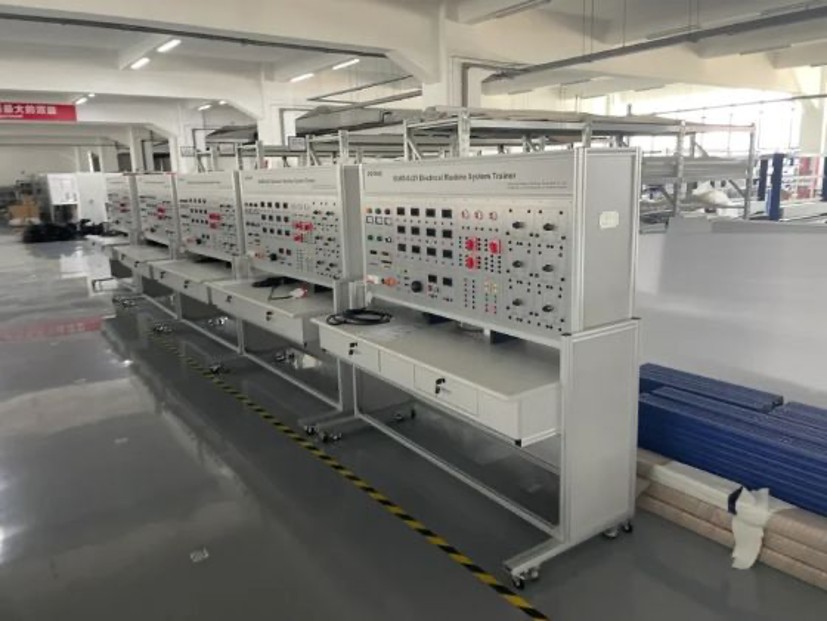I. Introduction
In electrical engineering education, motor control is a fascinating topic that explores the principles and techniques behind controlling the behavior of electric motors. It is crucial for aspiring engineers to have a solid understanding of motor control as it plays a significant role in various industries, including robotics, automation, and renewable energy.
While theoretical knowledge forms the foundation of electrical engineering, practical skills are equally important in translating that knowledge into real-world applications. This is where motor control shines, as it allows students to bridge the gap between theory and practice. By gaining hands-on experience in designing, implementing, and troubleshooting motor control systems, students can develop a deeper comprehension of the concepts they learn in the classroom.
II. Theoretical Foundations of Motor Control
Motor control involves understanding the fundamental concepts and theories that govern the behavior of electric motors. It encompasses principles such as electromagnetism, torque, speed control, and power electronics. By grasping these concepts, engineers can design efficient and reliable motor control systems.
Electromagnetism is at the heart of motor control. Understanding how magnetic fields interact with currents allows engineers to comprehend the operation of electric motors and their ability to convert electrical energy into mechanical motion. This knowledge forms the basis for analyzing and designing motor control systems.
Torque, which represents the rotational force produced by a motor, is another crucial concept. Engineers need to comprehend how torque is influenced by factors such as current, magnetic fields, and motor characteristics. This understanding enables them to control and optimize the performance of motors in various applications.
Speed control is a key aspect of motor control theory. Engineers must learn techniques to regulate motor speed accurately, whether it involves maintaining a constant speed or adjusting it dynamically based on environmental conditions or user requirements. This knowledge is critical for applications that rely on precise motor control, such as robotics or industrial automation.
Power electronics, which involves the conversion and control of electrical power, plays a significant role in motor control. Engineers need to understand concepts like pulse width modulation (PWM) and drive circuits to efficiently supply power to motors and regulate their performance.
Understanding the principles of motor control is vital in electrical engineering because it forms the foundation for designing and implementing motor-driven systems. Whether it’s developing electric vehicles, industrial machinery, or renewable energy systems, motor control principles are essential for engineers to optimize performance, ensure safety, and improve energy efficiency.
By comprehending these theoretical foundations, electrical engineering students can develop a solid understanding of motor control principles and apply them effectively to real-world engineering challenges.

III. Limitations of Classroom Learning
While theoretical lectures and textbooks provide a solid foundation, they have limitations when it comes to motor control education. One of the main challenges is the abstract nature of theoretical concepts. Motor control involves complex electrical and mechanical interactions, which can be difficult to fully grasp without practical application.
Without hands-on experience, students may find it challenging to visualize how theoretical concepts translate into real-world motor control systems. They may struggle to understand the nuances and complexities of motor behavior, such as the impact of load variations or the interaction between different control parameters.
Additionally, motor control involves troubleshooting and problem-solving skills that cannot be fully developed through theoretical learning alone. Real-world scenarios often require engineers to diagnose and rectify issues that textbooks may not cover comprehensively. Without practical exposure, students may find it difficult to apply their knowledge effectively when faced with practical challenges.
To fully comprehend motor control concepts, hands-on experience is crucial. Practical application allows students to connect theoretical knowledge with real-world scenarios, enabling them to witness the direct impact of their design choices and control strategies.
By working with actual motors, designing control circuits, and implementing control algorithms, students can develop a deeper understanding of the challenges and intricacies of motor control. They can observe the effects of different control parameters, fine-tune their designs based on real-time feedback, and gain insights into the limitations and constraints of motor control systems.
Moreover, practical experience enhances problem-solving skills, as students learn to troubleshoot and debug issues that arise during implementation. This hands-on approach fosters creativity, critical thinking, and adaptability, which are essential skills for future engineers.
IV. Benefits of the Motor Control Trainer
The Motor Control Trainer is a powerful tool that provides students with a hands-on learning experience in a controlled environment. It is equipped with various features and capabilities that enhance the understanding and practical application of motor control concepts.
Firstly, the trainer allows students to simulate motor control scenarios. It offers a wide range of motor types, including DC motors, stepper motors, and AC induction motors, among others. This versatility enables students to explore different motor control techniques and understand their specific characteristics and requirements.
The trainer also provides a comprehensive set of control interfaces and software, allowing students to implement and experiment with various control strategies. They can adjust parameters, set speed and torque targets, and observe the motor’s response in real-time. This capability facilitates the exploration of different control algorithms and the evaluation of their effectiveness in achieving desired motor behavior.
One of the significant benefits of the Motor Control Trainer is the hands-on learning experience it offers. Students can directly interface with the trainer, connecting and configuring control circuits, measuring motor performance, and troubleshooting issues that arise during experimentation. This practical engagement enables them to develop a deeper understanding of motor control concepts and enhance their problem-solving skills.
The trainer also provides a safe and controlled environment for students to experiment with motor control. They can simulate various operating conditions, load variations, and fault scenarios without the risk of damaging equipment or compromising safety. This allows students to explore the limitations and challenges associated with motor control without real-world consequences.
By using the Motor Control Trainer, students can bridge the gap between theoretical knowledge and practical application. They can apply the concepts they learn in the classroom to real-world scenarios, observe the outcomes, and refine their understanding. This hands-on learning experience enhances their ability to design, implement, and troubleshoot motor control systems effectively.

V. Practical Skills Development
Absolutely! Let’s delve into how the Motor Control Trainer helps students develop essential practical skills in motor control education. Learn more knowledge about Motor Control Trainer.
The Motor Control Trainer is an invaluable tool for practical skills development. It provides students with the opportunity to engage in hands-on activities that foster critical skills necessary for success in motor control.
One key aspect is troubleshooting. The trainer allows students to encounter real-world challenges and problems that may arise during motor control system implementation. They can practice diagnosing issues, identifying faulty components or connections, and applying problem-solving techniques to rectify the problems. This hands-on troubleshooting experience enhances their ability to analyze and debug motor control systems effectively.
Experimentation is another crucial skill that the Motor Control Trainer enables. Students can design and implement different control strategies, adjust parameters, and observe the effects on motor behavior in real-time. They can experiment with various scenarios, such as speed control, torque control, or position control, and assess the impact of different control algorithms or techniques. This experimentation empowers students to explore the nuances of motor control and gain insights into the strengths and limitations of different approaches.
Real-time feedback is an essential component of motor control education, and the trainer facilitates this aspect. Students can monitor motor performance through various feedback mechanisms, such as encoder feedback or current sensing. They can observe how changes in control parameters or algorithms influence the motor’s behavior immediately. This real-time feedback allows students to make informed decisions, fine-tune their designs, and optimize motor control systems for desired outcomes.
With the Motor Control Trainer, students can design, implement, and test motor control systems in a practical setting. For instance, they can design a closed-loop control system for speed regulation, implement it using the trainer’s control interfaces and software, and assess its performance by comparing the actual motor response to the desired behavior. They can also experiment with different control techniques, such as PID control or fuzzy logic control, and evaluate their effectiveness based on real-world motor performance.
Moreover, students can explore advanced topics like sensorless control or motor parameter identification using the trainer. They can design and implement algorithms to estimate motor parameters or develop sensorless control techniques by leveraging the trainer’s capabilities. This practical experience deepens their understanding of advanced motor control concepts and equips them with essential skills for cutting-edge motor control applications.

VII. Conclusion
The Motor Control Trainer is a valuable tool that can significantly enhance students’ understanding, confidence, and future career prospects in electrical engineering. Embracing the opportunity to gain practical skills through the use of this trainer can truly pave the way for success in the field of motor control. If you are interested in more training equipment, please click dolangedu.com




